Scarlett Johansson Condemns OpenAI For Using Her Voice Without Permission

Table of Contents
The Alleged Unauthorized Use of Scarlett Johansson's Voice
The controversy centers around OpenAI's alleged use of Scarlett Johansson's voice in an unspecified AI model or product. While specific details remain scarce, reports suggest her voice was employed without her knowledge or permission. Johansson or her representatives haven't yet released a detailed statement publicly specifying the exact OpenAI product or model involved, but the accusation alone has sent shockwaves through the tech industry and the entertainment world. The lack of transparency from both sides fuels speculation and further emphasizes the need for clearer regulations.
- Specificity of the alleged use: The exact application of Johansson's voice within OpenAI's system remains unclear, adding to the mystery and public concern. Some speculate it could be related to a text-to-speech model or a voice generation tool.
- Source of the voice data: The origin of the voice data used by OpenAI is currently unknown. It is unclear whether it was scraped from publicly available sources, obtained through a third party, or collected via more clandestine means.
- Evidence supporting Johansson's claim: While direct evidence is currently limited, widespread news coverage and the weight of Johansson's public statement lend credence to her claim. Further information is anticipated, possibly involving legal proceedings.
Legal and Ethical Ramifications of AI Voice Cloning
The legal landscape surrounding the unauthorized use of someone's voice is complex and evolving. While existing copyright laws protect written and musical works, the application to voice cloning is still being defined. The right of publicity, which protects individuals from the unauthorized commercial use of their likeness, is also highly relevant. However, existing laws may have gaps when it comes to the sophisticated and nuanced uses of AI voice cloning technology.
- Relevant copyright and intellectual property laws: Current laws may not explicitly address the unauthorized replication of a voice, creating a grey area that needs clarification. This necessitates a fresh look at existing intellectual property laws to accommodate this new technology.
- Potential legal recourse for Johansson: Johansson likely has several avenues for legal recourse, including potential lawsuits based on violations of her right of publicity and potential copyright infringement depending on the nature of the use.
- The "right of publicity": This legal right protects individuals from the unauthorized commercial use of their name, image, likeness, and even voice. Its application in the context of AI voice cloning is a critical legal question that courts may soon have to answer.
The Broader Ethical Debate Surrounding AI Voice Cloning
Beyond the Johansson case, the ethical implications of AI voice cloning are far-reaching. The technology's potential for misuse is substantial, raising serious concerns about deepfakes, identity theft, and fraud. The lack of consent, the potential for manipulation, and the erosion of trust in digital media are all major ethical considerations that the tech industry must urgently address.
- Examples of potential misuse: AI-generated deepfakes using cloned voices could be used for blackmail, spreading misinformation, or impersonating individuals for financial gain.
- Impact on celebrity identity and image: Unauthorized use of a celebrity's voice can damage their reputation and infringe on their artistic control, potentially impacting endorsements and public perception.
- Erosion of trust in digital media: The ease with which voices can be cloned raises serious concerns about the authenticity of audio and video content, undermining public trust in digital media.
OpenAI's Response and the Future of AI Voice Technology
At the time of writing, OpenAI has yet to issue a formal public statement directly addressing Johansson's accusations. This silence underscores the need for greater transparency and accountability from AI developers regarding data usage and ethical considerations. The industry needs to proactively establish clear guidelines and best practices to prevent future incidents of this kind.
- OpenAI's statement (or lack thereof): The absence of a direct response from OpenAI fuels speculation and increases public concern about their approach to data privacy and ethical AI development.
- OpenAI's commitment to ethical AI practices: The company needs to demonstrate a stronger commitment to ethical AI development and transparent data usage policies to regain public trust.
- Potential industry-wide changes: The controversy surrounding Scarlett Johansson's case is likely to catalyze discussions about industry-wide regulations and ethical guidelines for AI voice cloning technology.
Conclusion
Scarlett Johansson's condemnation of OpenAI’s alleged unauthorized use of her voice highlights the critical ethical and legal concerns surrounding AI voice cloning. This incident underscores the urgent need for robust regulations and a greater emphasis on ethical AI development practices. The lack of clear legal frameworks and the potential for misuse demand immediate attention.
The Scarlett Johansson-OpenAI controversy serves as a critical wake-up call. We need a wider conversation about the ethical implications of AI voice cloning and the protection of individual rights in the age of artificial intelligence. Let's demand greater transparency and accountability from AI developers and advocate for stricter regulations to prevent future unauthorized use of voices and other personal data. Let's discuss the future of AI voice cloning and ensure responsible innovation. The future of this technology depends on our collective commitment to ethical and responsible development.

Featured Posts
-
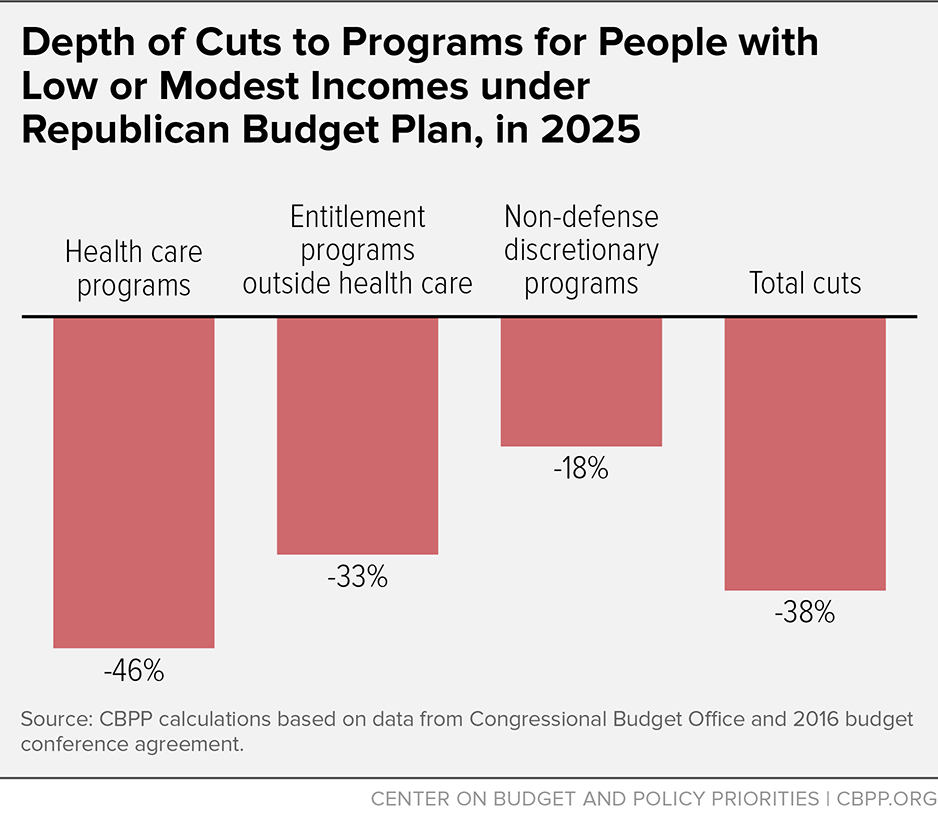 Republican Budget Bill Targets Drug Middlemen Reform Efforts Resurface
May 13, 2025
Republican Budget Bill Targets Drug Middlemen Reform Efforts Resurface
May 13, 2025 -
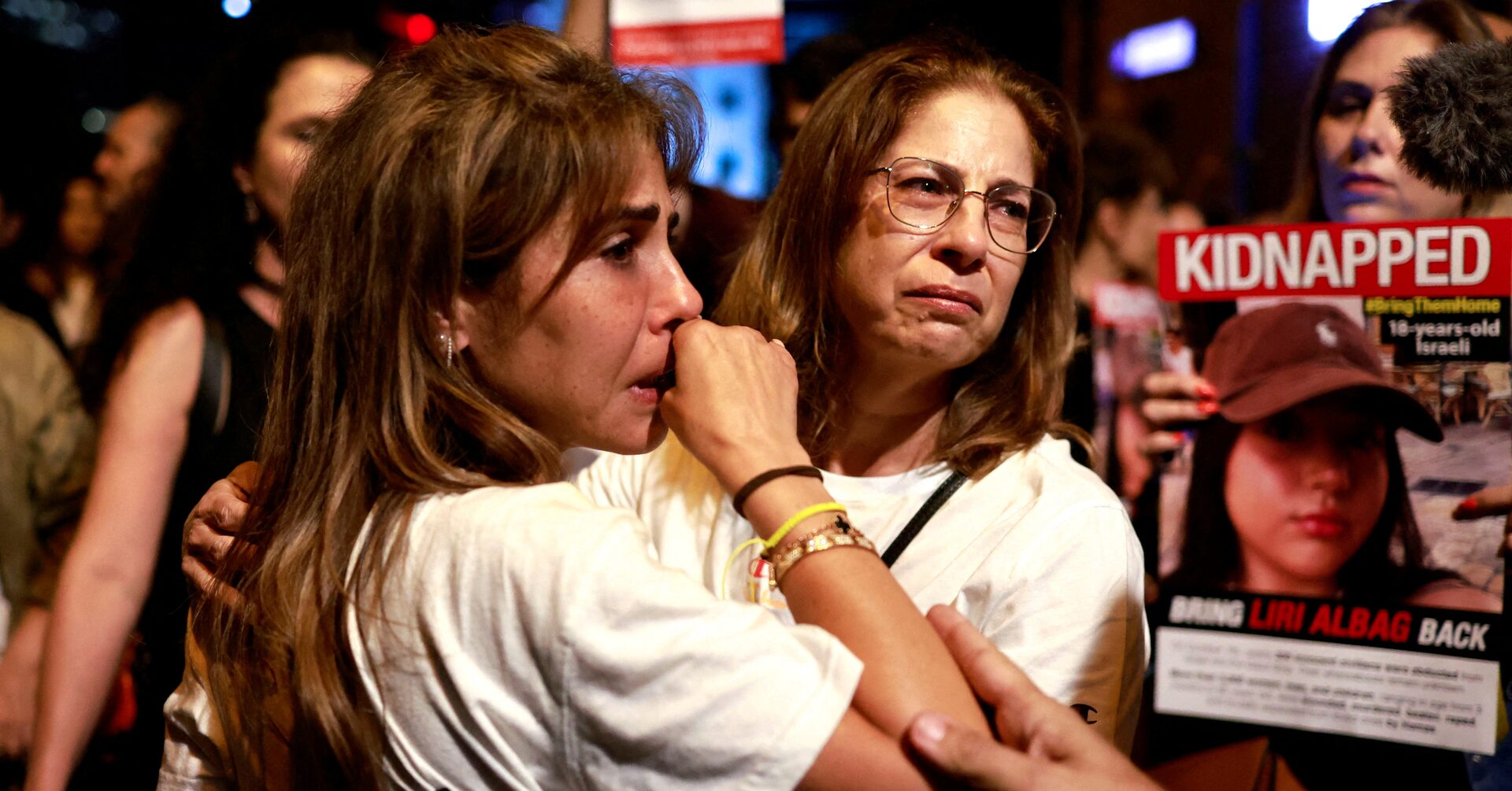 The Nightmare In Gaza Hostage Families Enduring Ordeal
May 13, 2025
The Nightmare In Gaza Hostage Families Enduring Ordeal
May 13, 2025 -
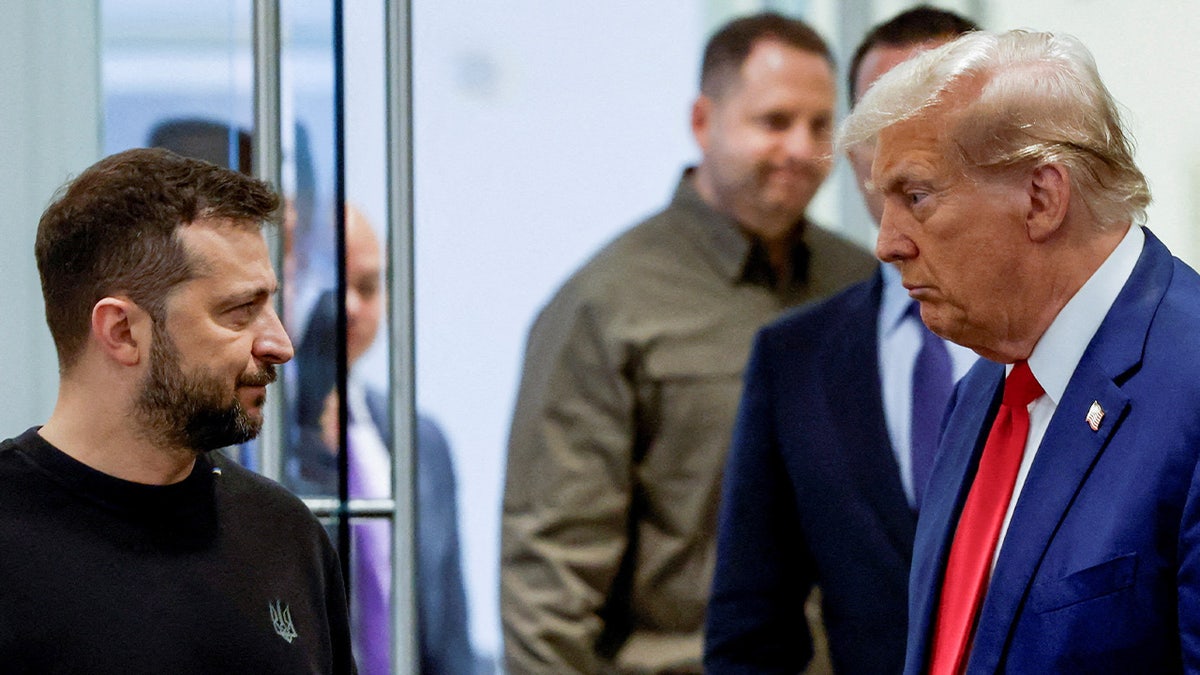 Trumps Actions On Ukraine How Us And European Pressure Shifted
May 13, 2025
Trumps Actions On Ukraine How Us And European Pressure Shifted
May 13, 2025 -
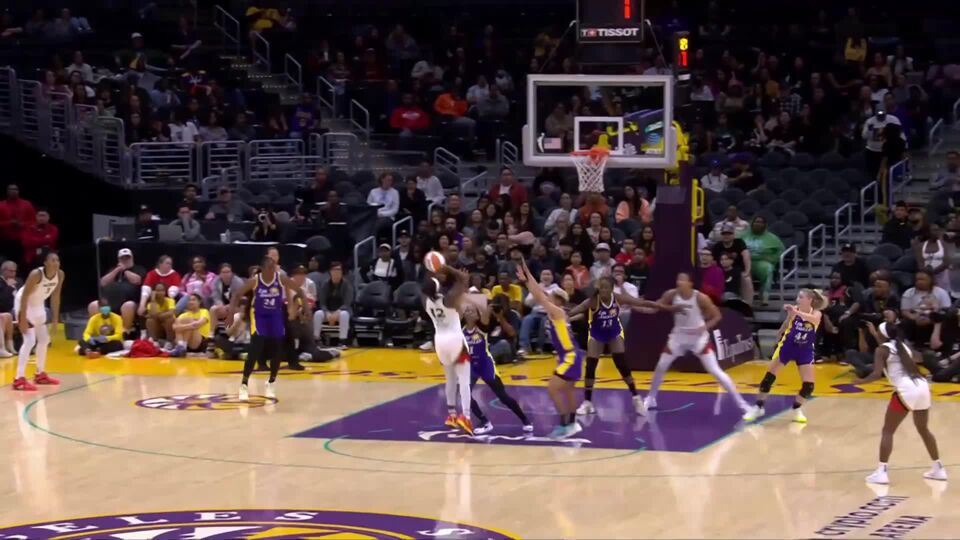 Las Vegas Aces Release Forward In Preseason Cuts
May 13, 2025
Las Vegas Aces Release Forward In Preseason Cuts
May 13, 2025 -
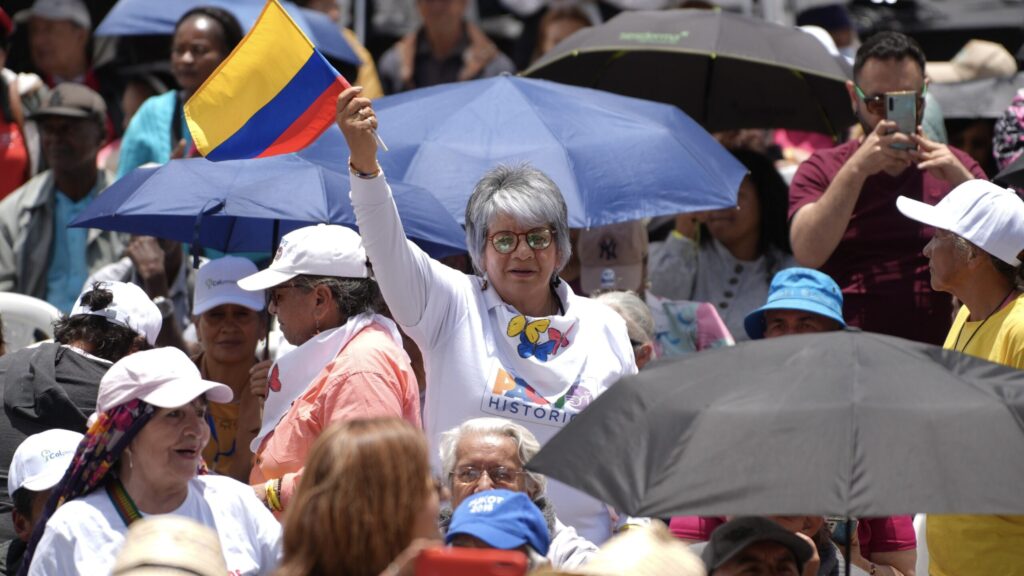 Pension Law Reform In Colombia Faces Setback Due To Corruption Case
May 13, 2025
Pension Law Reform In Colombia Faces Setback Due To Corruption Case
May 13, 2025
